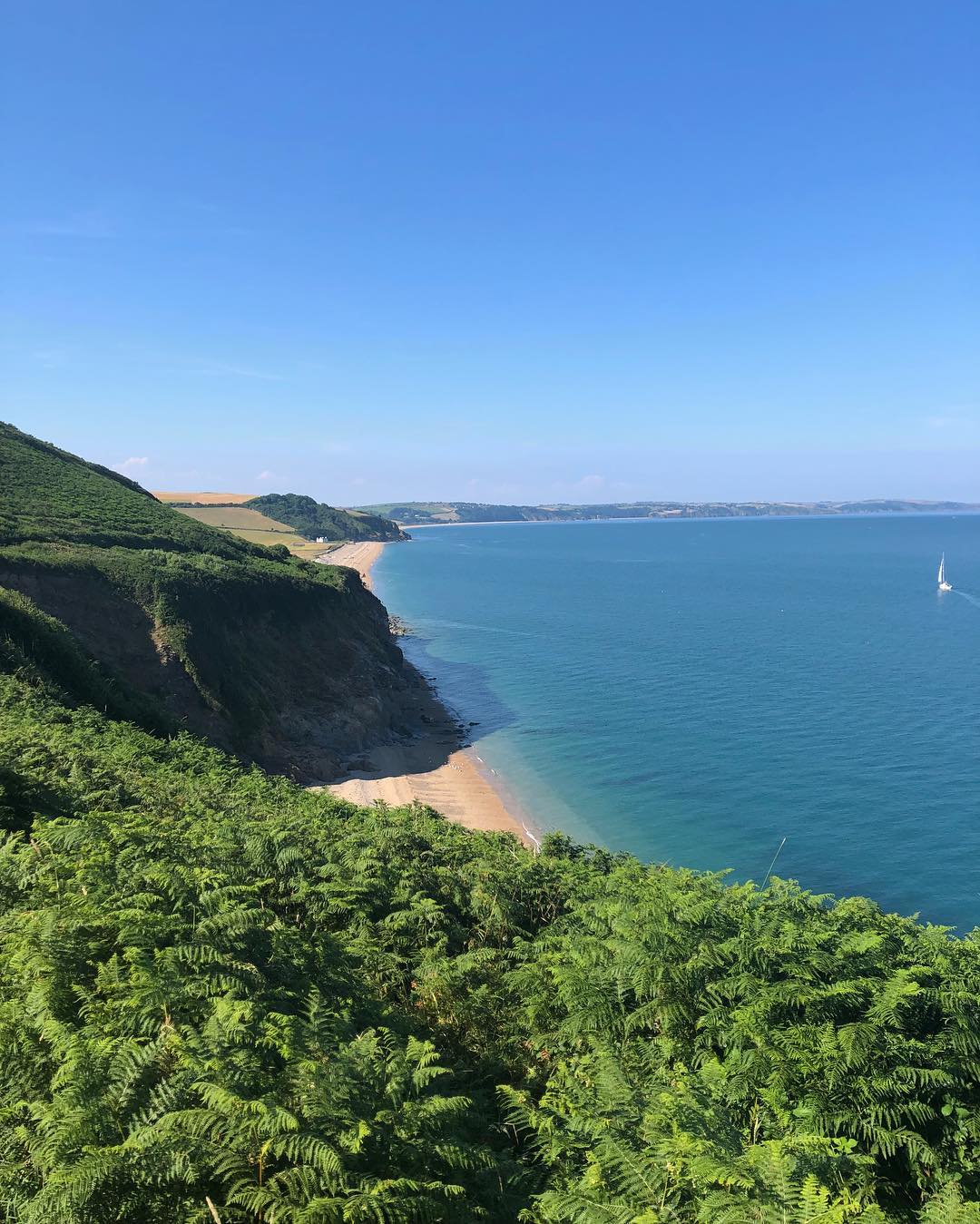Camp for free! Everything you wanted to know about wild camping in the UK and Europe
Back to blog list August 28, 2019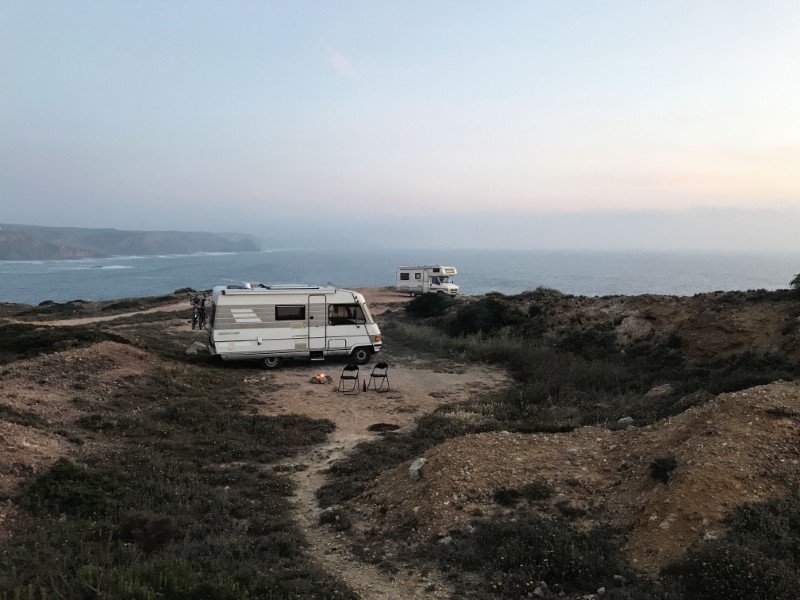
Ah, how our readers enjoy wild camping! The campervan and motorhome way of life opens up a world of uninhibited wandering, where the canopy of stars gives way to glorious mornings amid stunning landscapes, crisp air, golden sunshine and the gentle chirping of birds. The best part is your miles away from the hustle and bustle of crowded campsites and cities. For some this means retreating off into mountains or woods with nothing apart from a sleeping bag and rations; for others, it’s about getting off the grid yet having access to basic amenities like toilets and showers. At Camperbug, we appreciate all approaches! Despite dodging the costs of reserving accommodation, you’ll still need to consider where to set up camp for the evening. On this post, we share everything you need to know about safely and legally camping in the wild.
What is wild camping?
Wild camping is essentially free overnight parking in the wilderness. The premise is simple. Select your area, stock up on rations and head out to the great outdoors of a night or more under the stars. There’s no access to electricity, service or anything else. It’s quite popular with climbers, hikers, and adventurers who wander through the unfrequented territory and require a base for the night without turning back to civilization. To ensure your alfresco treat isn’t marred by illegal camping violations and unhappy landowners; you’ll need to follow the correct camping etiquette. Despite the initial apprehension of camping out in the wild for the first time, you’ll discover not only did nothing happen and nobody care, but it is also easy and quite fun! What the experience wants in amenities, it makes up in solitude and scenery. Few experiences can rival the pristine sense of freedom!
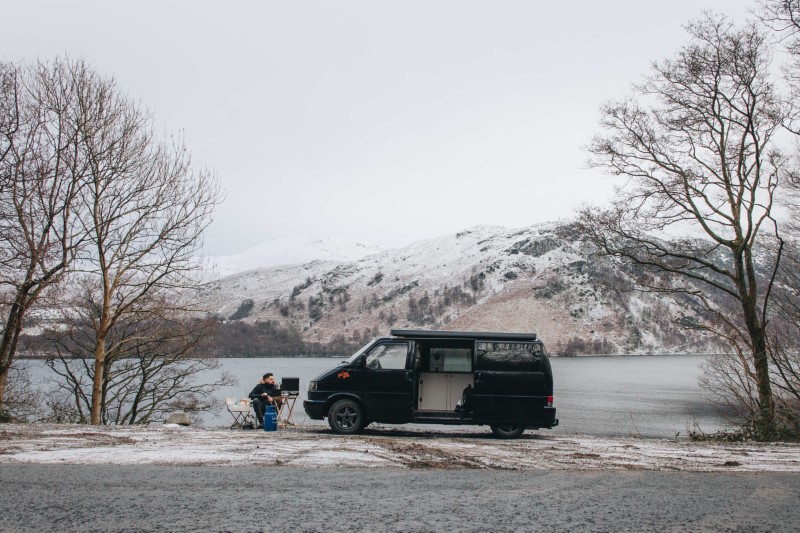
Is wild camping legal?
Camping out under the stars comes with varying rules depending on where you are. We’ll go into more detail below; however, you have more freedom locating an overnight camping spot in Europe that you would in the UK. According to the law, wild camping with a touring caravan or motorhome is not legal in Northern Ireland, Wales or England without permission from the landowner. Wild camping is more accepted in Scotland owing to the Land Reform Act, 2003 which is formalized the freedom to roam however this excludes motorized vehicles and restricts overnight camping at popular spots like Trossachs National Park and Loch Lomond.
Wild camping in England and Wales
Most land is likely to be privately owned excluding areas under the National Trust and the Forestry Commission, which means that you are not allowed to set up camp unless you have the owners explicit permission. This is often impossible, impractical and if you are asked to move, you have no option but to oblige. Wild camping is not allowed in National Parks and on Open Access lands, and Dartmoor is probably the only location where you can legally wild camp. Don’t be discouraged! There are heaps of places where wild camping is tolerated. Members of the Camperbug community have shared some surprising wild camping spots including Stonehenge! If it is an issue, you’ll be asked to move; however, most of the time, it isn’t. It’s easier to secure a wild camping spot when you head for the more remote areas like Cornwall, Cumbria, Devon, Scotland and Southern Wales. The landowners in these regions are accustomed to wild campers and don’t mind in the slightest as long you’re quiet, not on their doorstep, and not disobeying clear signs that dissuade overnight parking. Courtesy and consideration are the keys to making your wild camping trip an absolute joy!
Wild camping in Scotland
Long considered the more tolerant than the other countries in Britain, Scotland legally permits wild camping; however, there is some confusion over the term ‘wild camping’. It generally applies to ‘lightweight camping’ which means setting up camp in remote locations with just a sleeping bag or a tent. The term ‘free camping’ refers to camping by the road in a campervan or motorhome. The Scottish Outdoor Access Code prohibits campervans and motorhomes taking advantage of this regulation; however, in very remote locations, most folks tend to disregard this rule in favour of a brief wild camping stint. Some parts of the Trossachs National Park allow wild camping as long as campers comply by the specified bylaws.
Wild camping in Wales
As with England, the law holds firm in Wales, and wild camping is prohibited without the permission of the landowner. It doesn’t mean your wild camping dreams are over. As long as you keep it legal, you’re good to go! Snowdonia National Park is a very wild camping friendly site, and we strongly recommend it alongside camping above Aber falls. Two locations in the Brecon Beacons permit wild camping - Llech Llia, and Melte. Abide by the rules and ensure your camping party consists of no more than ten individuals, as gatherings of a larger size will be asked to leave.
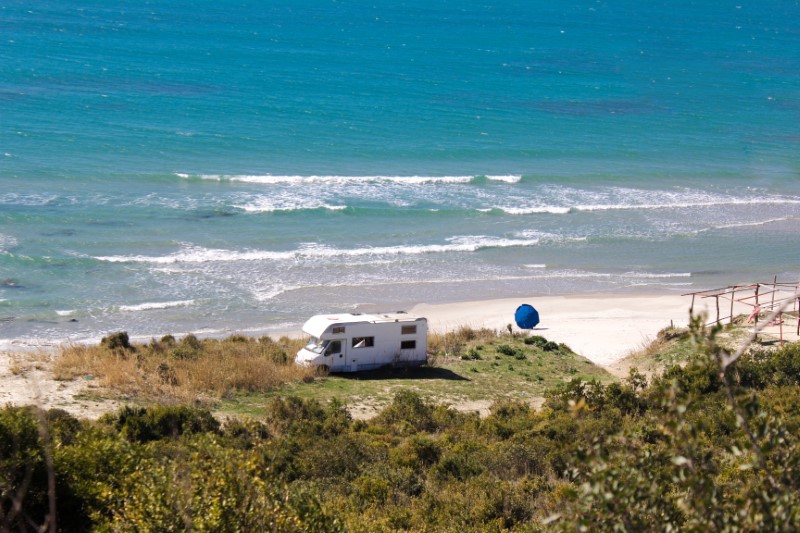
Wild camping in France, Spain, Norway, Sweden, and Switzerland
Some countries are more tolerant than others. For example, wild camping is not technically permitted yet you’re likely to get away with it if you are discreet, avoid lighting a fire and leave early the next day. In Eastern Europe, and Portugal, you need to have express consent from the landowner. Select locations in Spain are similar however you’re likely to get in trouble if you attempt to start a campfire. Happily the right to roam or the Allemannsretten acknowledges every man’s right to public access in Sweden, Denmark, and Norway. You’re welcome to set up camp, light a fire and fish as long as you’re over 150 meters from inhabited lodgings, travel on foot, and there are no other restrictions in place.
How about no?
While you’re unlikely to be sent to jail right away, Italy, Germany, Netherlands, Greece, Hungary, Croatia, and Switzerland are a definite no for wild campers. Only attempt to wild camp in Switzerland if you have a spare E10, 000 to shell out in fines!
The basics for wild camping
Follow these rules and camp far away from the populace as possible:
Practicalities – is your vehicle up to it?
There are a couple of things to consider before you begin planning your wild camping trip.
Water
Estimate what your water requirements are. There are collapsible containers and fabulous solar devices that are great for storing water on a holiday away from civilization.
Waste
While it’s considerably more straightforward with a motorhome, you still need to ensure there is enough space to hold your waste. Being out in a remote location with a near overflowing waste tank is not ideal! If you are using the woods or countryside around your campsite, make prior provisions for disposing of soiled tissue. Don’t leave your waste in the woods and ensure you do ‘your thing’ 200 m from any water source and leave nothing behind in the woods. If you are disposing of grey waste from the sink and shower, use organic or environmentally safe products. Black waste must only be emptied in approved areas. If you are travelling with your pets, pack in small scented bags that withhold odours until you reach an approved deposit area. Alternatively, you can burn it; however, do take care not to burn sanitary products as wild animals are known to dig them up.
Fires
As romantic as a crackling fire at dusk in your private corner of heaven sounds, ensure campfires are only lit in approved areas. Ensure the fire doesn’t leave any scorch marks and is off the ground to avoid devastating wildfires, especially if the enclosing region is hot and dry.
Cooking in the wild
If you are unable to cook via campfire, ensure you have enough gas in your cylinder, primarily if you use it for heating as well. A 6 kg bottle utilized for heating, cooking and the fridge might last approximately three days; however, this varies according to use and type of campervan or motorhome you’re travelling in.
Power
Before you begin your wild camping journey top-up laptops, phones, and Wi-Fi dongles to save up on battery life. Use an inverter to charge your electronic items and appliances while driving. It’s prudent to carry a small generator as an emergency backup for the extreme wilds. If you intend to wild camp frequently, a solar panel is wonderfully beneficial.
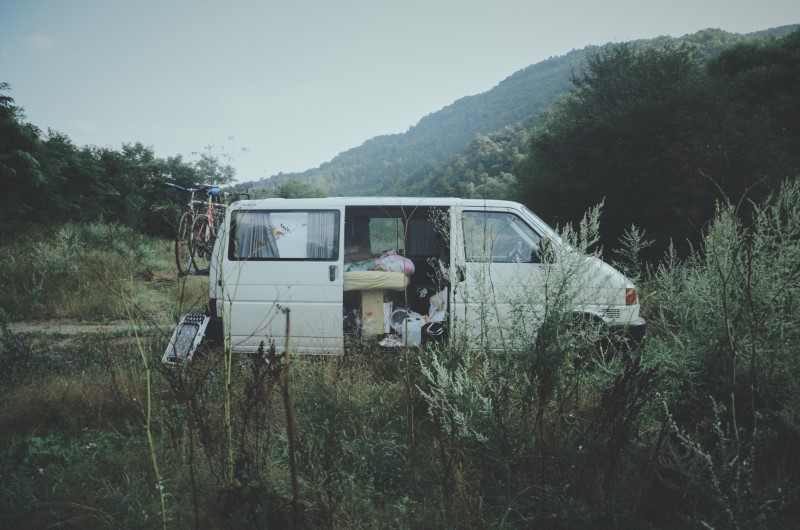
Supplies
Stock up on water and food and make sure you have enough fuel, tools and spare parts; especially if you’re heading to a remote location. Pack in snow chains and special tires for the snowy climates and test your van a before departure to confirm everything is in working order. Invest in levelling chocks for uneven pitches to ensure your appliances remain safe, and there is no undue pressure to the undercarriage or chassis.
How to find campsites
Several helpful apps help you chose from many wild camping locations across the UK and Europe. You can scroll through lists of reproved motorhome and campervan stops and car parks. Some apps help the user narrow down search results by height and length. Wanderers with massive builds and trailers will find the feature beneficial. Most sites and apps include a postcode so you’ll need to enter the details into the SatNav, and off you go! Alternatively, you can use Brit Stops with lists out breweries, farms, and pubs that permit motorhomes and campervans to park free of charge on the property as long as the campers contribute to the establishment’s sales by purchasing food or drink.
We hope we've dispelled your fears over wild camping. There's no way around it - you need to get out there and give it a shot! We wish you the best of luck and hope to hear about the fantastic wild camping sites you discover. Happy travels!
Your holiday photos
Some of the many photos uploaded to Camperbug
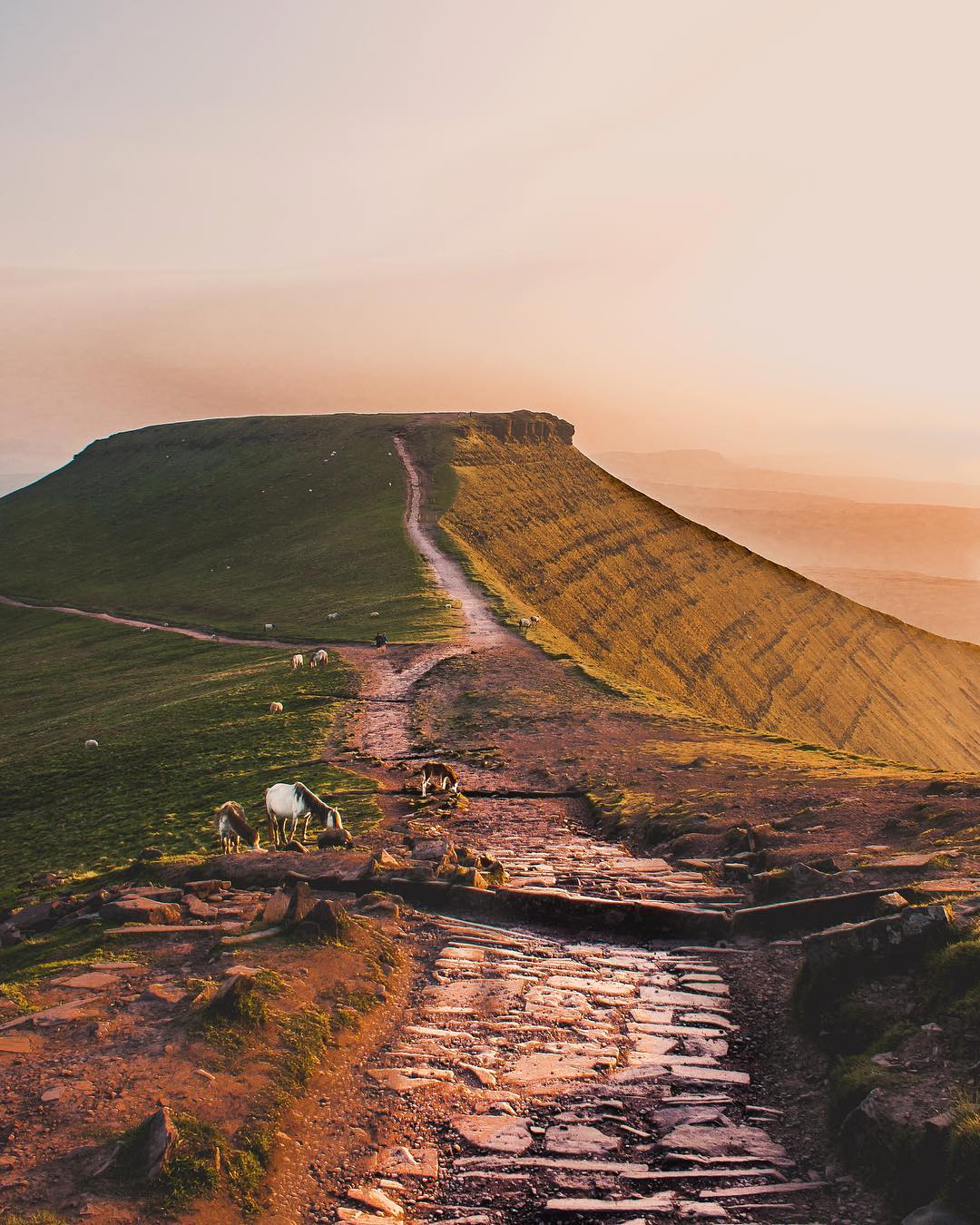
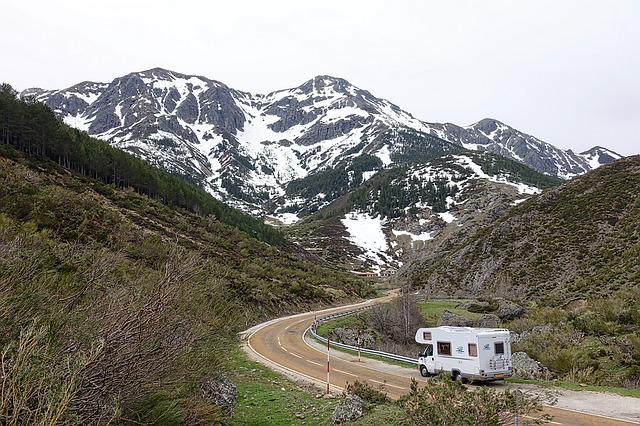
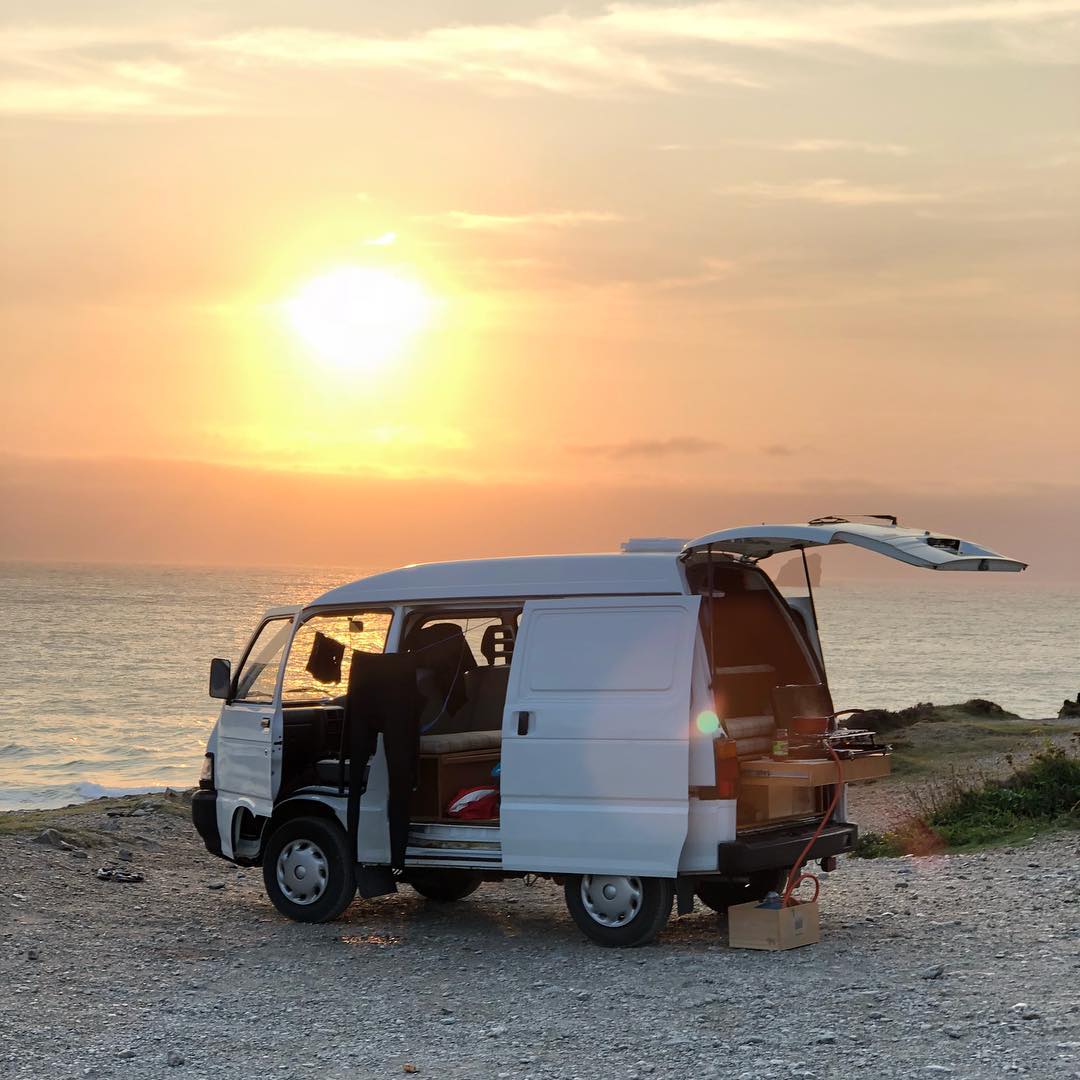


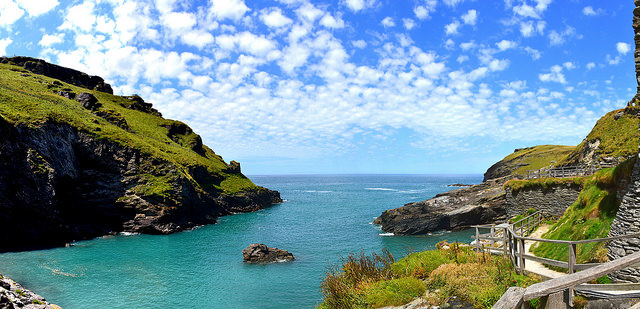
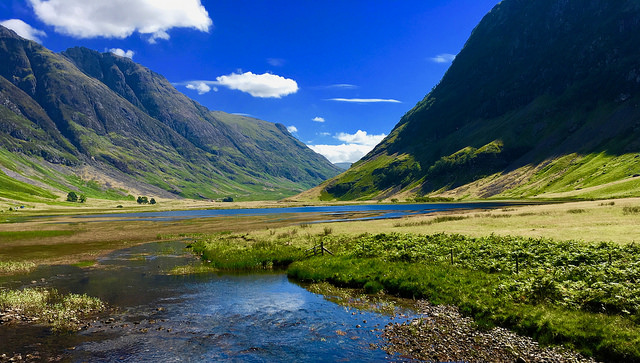

Take the scenic route to the Highlands!
The United Nations Educational, Scientific and Cultural Organization or UNESCO lists and legally protect locations and landmarks that present cultural



Swap a campsite for a cave at Lake District!
Ditch the bustling cities for a refreshing route dishing out captivating scenery, stunning coastline and charming villages.



Embark on the King Arthur Trail
Take a van ride to one or more of the locations listed below, stop by the regions historical sites, and you’ll understand why nothing quite beats a scenic ride.
